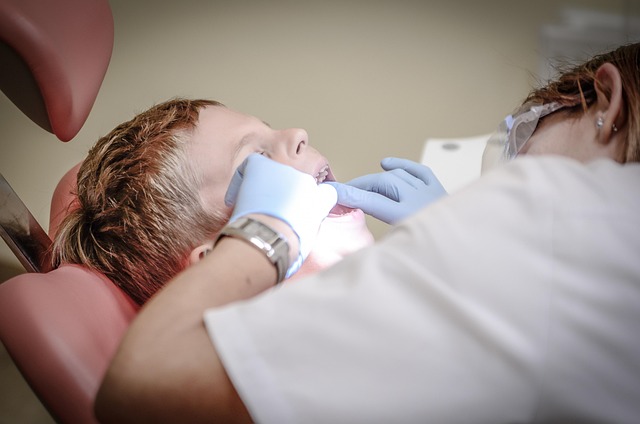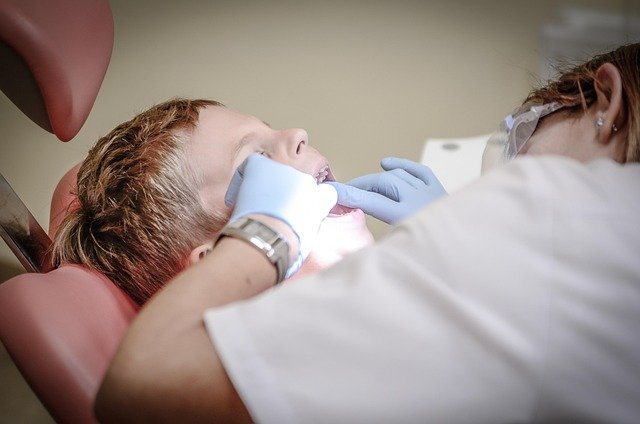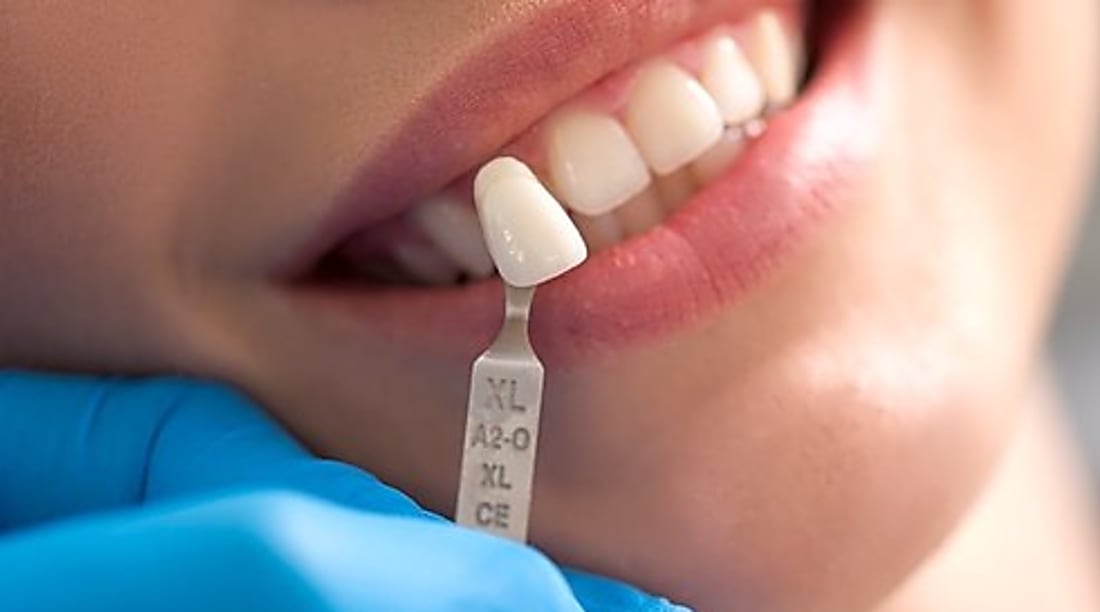How to save money on dental services in the UK
Dental care in the UK. can be expensive — but there are smart ways to cut costs without sacrificing your smile. Compare prices between clinics, look for dental schools offering discounted services, and check if your insurance covers preventive care. Regular checkups save money long-term!

Dental care is a significant healthcare expense for many UK residents. With private dental costs rising and NHS dental services facing accessibility challenges, finding ways to save money while maintaining good oral health has become increasingly important. This article explores practical strategies to reduce your dental expenses without compromising on the quality of care, from prevention techniques to government programs and smart comparison shopping.
Compare Local Dental Clinics to Find Significant Savings
Shopping around for dental services can lead to substantial savings. Dental practices within the same area often charge different rates for identical treatments. The price disparity can be particularly notable between city center practices and those in suburban or rural locations, where overhead costs may be lower.
Many dental clinics offer free initial consultations, providing an opportunity to discuss treatment options and associated costs before committing. During these consultations, ask for detailed treatment plans with itemized costs. Some practices also provide payment plans that allow you to spread the cost of more expensive treatments over several months without additional interest.
Online comparison tools and platforms have made it easier to research dental prices in your area. Websites like WhatClinic and Dentaly allow patients to compare treatment costs across multiple providers. Additionally, some dental practices offer price-matching schemes or new patient discounts that can lead to immediate savings.
Prevention: The Most Cost-Effective Dental Strategy
The adage that prevention is better than cure holds particularly true for dental health. Regular brushing, flossing, and maintaining a low-sugar diet can significantly reduce the likelihood of developing costly dental problems. Investing in a good quality electric toothbrush and interdental cleaning tools may seem like an expense, but these items can help prevent more significant costs down the line.
Regular check-ups, typically recommended every six months, allow dentists to identify and address issues before they become serious and expensive to treat. For instance, treating a small cavity is considerably less expensive than a root canal procedure or tooth extraction that might become necessary if decay is left untreated.
Many dental insurance plans and NHS treatments prioritize preventative care, often offering these services at reduced rates or even free of charge. Taking advantage of these services not only saves money but also promotes better long-term oral health. Some practices offer preventative care plans that include regular check-ups, cleanings, and X-rays for a fixed annual fee, which can provide substantial savings compared to paying for each service separately.
Government and Non-Profit Assistance Programs
The NHS remains the most accessible option for affordable dental care in the UK. NHS dental treatments are categorized into bands with fixed prices, making costs predictable. As of 2023, Band 1 treatments (examinations, diagnosis, and preventative care) cost £23.80, Band 2 (fillings, root canal work) cost £65.20, and Band 3 (crowns, dentures, bridges) cost £282.80 in England.
Certain groups qualify for free NHS dental treatment, including those under 18 (or under 19 in full-time education), pregnant women, those who have had a baby in the last 12 months, and people receiving specific benefits. The NHS Low Income Scheme can also provide full or partial help with dental costs for those on lower incomes who don’t qualify for free treatment outright.
Dental schools offer another avenue for reduced-cost treatment. Students supervised by qualified professionals provide services at significantly lower rates than private practices. While treatment may take longer, the quality is generally high as students are closely monitored by experienced dentists.
Dental Plans and Insurance Options
Dental insurance plans can provide significant savings for those requiring regular dental work. Monthly premiums typically range from £10 to £30, depending on the level of coverage. Before purchasing a plan, carefully compare the annual premium against the potential savings based on your expected dental needs.
Dental discount plans represent an alternative to traditional insurance. Members pay an annual fee (typically £50-£150) in exchange for discounted rates on various dental procedures. These plans often provide immediate savings without waiting periods, making them suitable for those needing immediate treatment.
Capitation plans, such as Denplan, operate on a different model. Patients pay a monthly fee based on their oral health status, which covers all necessary treatments. These plans emphasize preventative care and regular check-ups, potentially saving money long-term by reducing the need for extensive treatments.
Cost Comparison of UK Dental Providers
| Treatment Type | NHS Band | NHS Cost | Private Range (Urban) | Private Range (Rural) |
|---|---|---|---|---|
| Check-up & X-rays | Band 1 | £23.80 | £50-£120 | £40-£90 |
| Filling | Band 2 | £65.20 | £80-£175 | £70-£150 |
| Crown | Band 3 | £282.80 | £450-£800 | £400-£700 |
| Root Canal | Band 2 | £65.20 | £200-£500 | £180-£450 |
| Extraction | Band 2 | £65.20 | £80-£200 | £70-£180 |
Prices, rates, or cost estimates mentioned in this article are based on the latest available information but may change over time. Independent research is advised before making financial decisions.
Additional Money-Saving Strategies
Dental tourism has gained popularity as a way to access affordable dental care. Countries like Hungary, Poland, and Spain offer high-quality dental services at significantly lower prices than the UK. However, this option requires careful research regarding the credentials of overseas dentists and consideration of additional travel costs. It’s also important to factor in the potential need for follow-up care upon returning to the UK.
Many dental practices offer discounts for direct payments or treatments paid in full upfront. Some provide family discounts when multiple family members register with the same practice. Student discounts are also common, so always inquire about any special rates that might apply to your situation.
Timing can also affect dental costs. Some practices offer reduced rates during quieter periods or for appointments booked at short notice to fill cancellations. Building a relationship with your dental practice and expressing interest in last-minute appointments can lead to unexpected savings opportunities.
Maintaining good oral health is essential, but it shouldn’t cause financial strain. By combining preventative care, NHS services when eligible, comparison shopping, and strategic use of dental plans or discount programs, UK residents can significantly reduce their dental expenses while still receiving quality care. Regular dental visits remain a worthwhile investment in your overall health and can prevent more costly treatments in the future.
This article is for informational purposes only and should not be considered medical advice. Please consult a qualified healthcare professional for personalized guidance and treatment.




